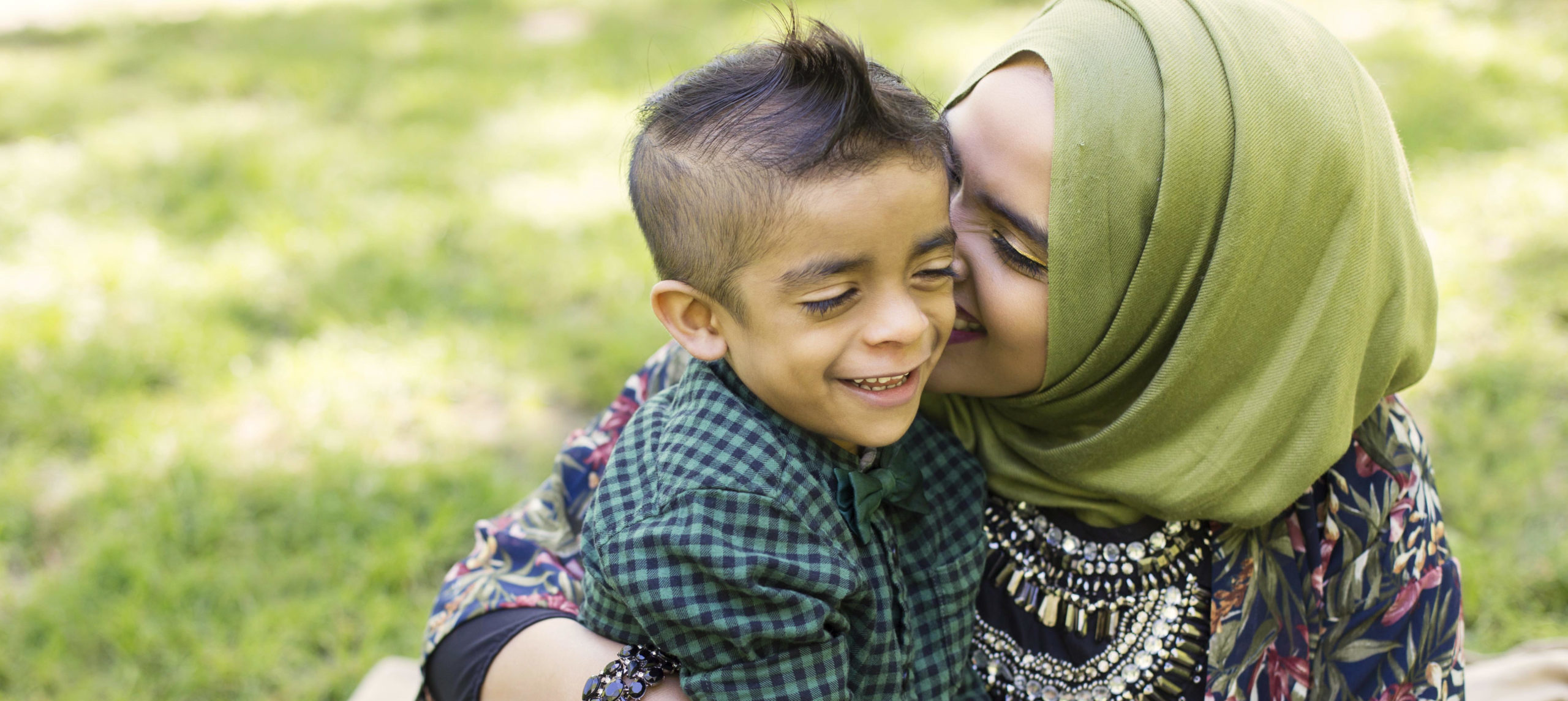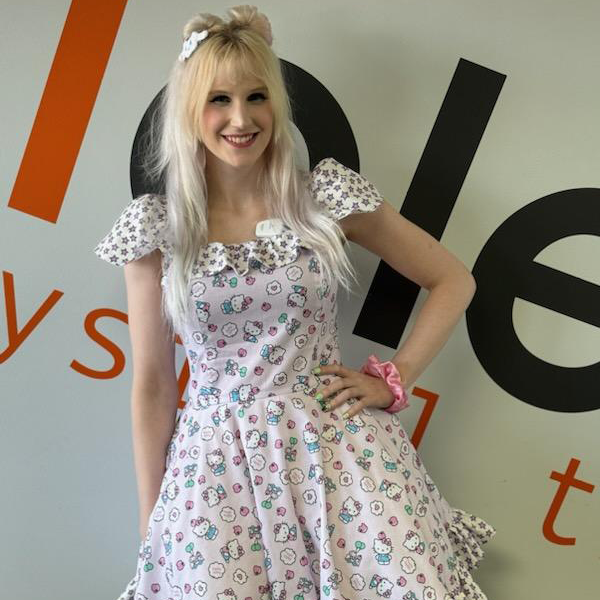

Clinical Outcomes
We believe in objective measurement of support our patients goals and progress.
Outcome measurements are essential in health care because they provide an objective assessment of protocols. Understanding whether a specific intervention works, how well, and for how long helps medical professionals determine best practices, improve processes, and even influence insurance coverage.
Rehab Without Walls® NeuroSolutions is extremely focused on outcomes. Just as our team members work hard to get our individual to where they want and need to be, they work hard to measure progress.
WHY OUTCOMES MATTER
In today’s world, measuring clinical outcomes is important to a lot of parties, including:
Individuals and Family Members – outcome information gives them details on progress, especially when the gains may seem small, or the individual’s own self-awareness may be impaired. It also can serve as a motivating tool.
Insurance Companies – Outcomes justify return on investment, which is especially important when determining coverage for intensive therapies.
Physicians and Case Managers – Outcomes give them accurate, functional information on their patient’s status. This allows them to make critical decisions such as whether to continue with a particular intervention. Outcomes allow us at Rehab Without Walls to view our programs with a more objective eye, as well. We can see which interventions are most effective and the areas where individuals consistently score lower or higher.
How We Measure Outcomes
We measure outcomes using industry-standard guidelines that are relevant to the individual’s diagnosis. We collect outcomes data at various critical points, typically:
- Admission to rehab program
- Discharge from rehab program
- 3 months after discharge
- 1 year after discharge
Collecting data this far after discharge allows us to see more than just a before-and-after picture. It shows the durability of the outcomes. The more durable the outcomes, the better quality of life, fewer emergency room visits and rehospitalizations, and the better the return on the time, money and other resources invested in the individual’s rehabilitation.

